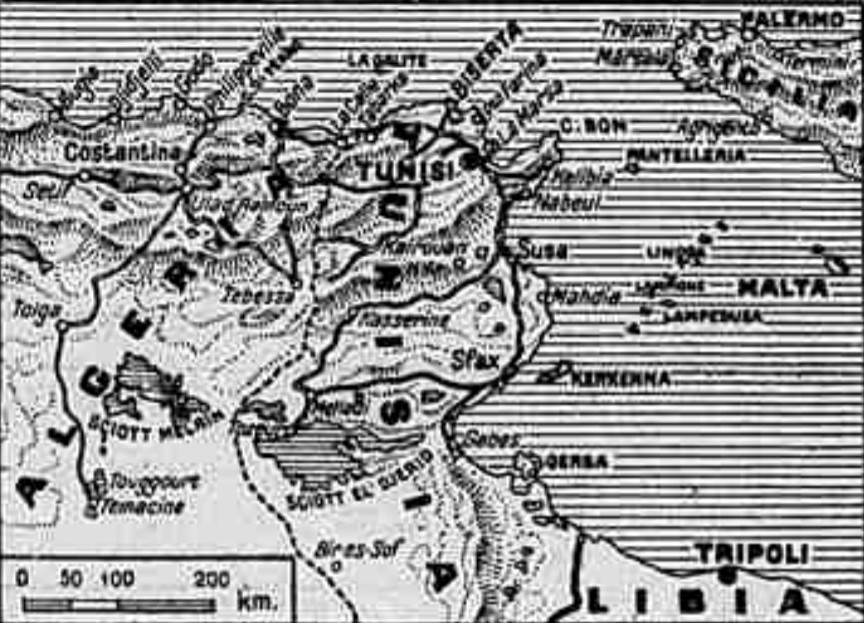Editorial: End of French schism shows folly of U.S. policy’s critics
Just about as important as the broader implications of the Casablanca parley was its success in ending the French factional political tangle whose repercussions here and in Britain had assumed threatening proportions.
Roosevelt and Churchill brought about a meeting between Gen. de Gaulle, leader of the Fighting French faction, and Gen. Giraud, High Commissioner of French Africa, out of which came an agreement that the main French objective is the liberation of France and the triumph of human liberties by the total defeat of the enemy.
This end will be attained, declared a joint statement by the two generals:
…by a union in war of all Frenchmen fighting side by side with all their Allies.
So, at last some common sense is emerging out of all the unbelievable bickering which might well have threatened the future of France.
The lengths to which some radical elements in this country, with the support of a few whose opinions arc ordinarily sounder, have gone has been shocking. Gen. Eisenhower and Secretary of State Hull have been under constant fire. And since the attacks continued even after the President’s statement supporting our North African policies and emphasizing their temporary character, the critics cannot dodge the responsibility of having been aiming at Mr. Roosevelt, too.
The administration argument is well understood. It was a question of saving American lives. If Darlan and later Giraud had not been recognized such chaos might have resulted in French North Africa that even the success of our expedition might have been endangered.
From the beginning it has been the American policy to accept help from all the French elements desirous of freeing France from the Nazi yoke, with the understanding that when that result has been attained the French people themselves will be free to select their own political leaders.
Apparently, it was brought home to the two French leaders at the Casablanca parley that a unified civilian population and unified military support are prerequisites to the freeing of France. At any rate they have accepted the argument that there is no use in quarreling over future leadership until it is assured that there is a free France to lead.
If any further evidence were needed of the complete good faith of Americans in this situation, the mere holding of the conference on French soil will doubtless deeply touch the sentimental French people of all the varied factions into which they have unhappily been split.
Now that the French leaders themselves have seen the light, it is to be hoped that their partisans in the United States will follow suit and stop shooting from the rear at our leaders in the field.

